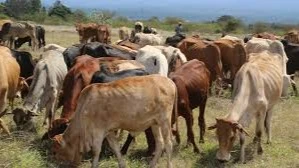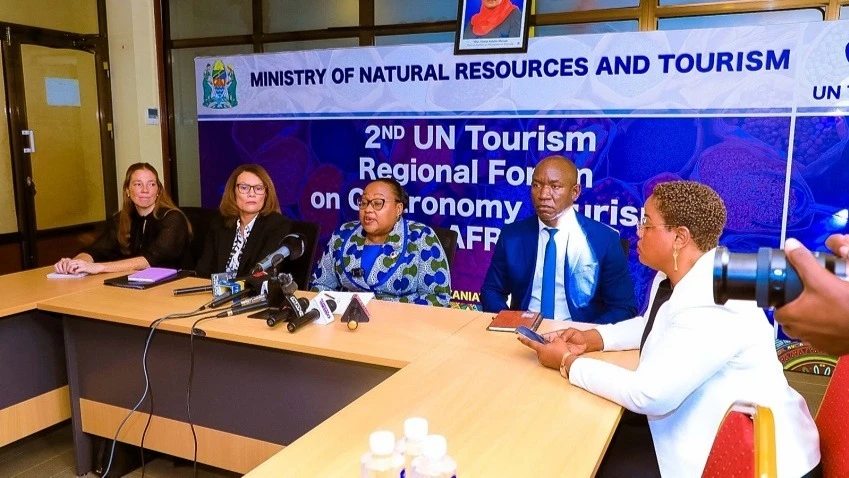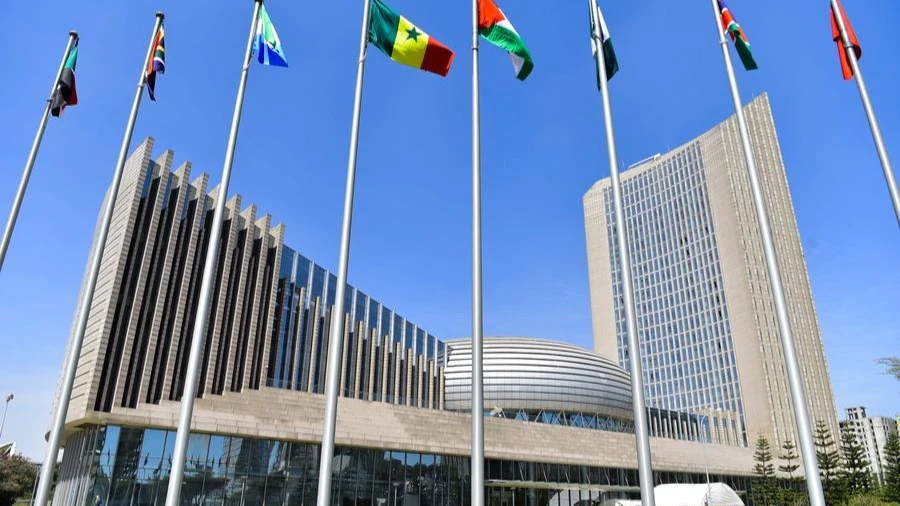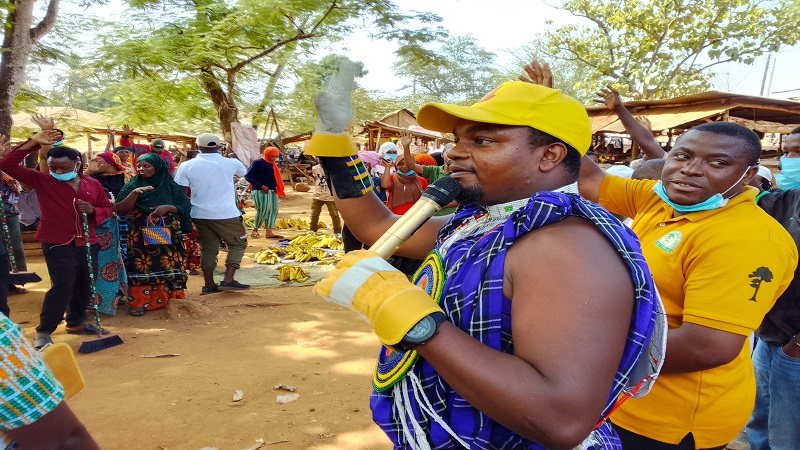Pastoralists seek training in modern farming techniques

LIVESTOCK KEEPERS in Lusane Village, Kilindi District, Tanga Region, are calling on stakeholders to provide training on good agricultural practices.
They aim to transition from traditional farming methods to modern techniques to enhance production, meet customer demands, improve food safety and quality, boost livelihoods, and increase the production of additional crops for export.
Sadick Mungia, chairman of the Lusane Village Natural Resources Committee (VNRC), stated that 95 percent of Lusane's residents are livestock keepers, while the remaining population engages in agriculture as an alternative income-generating activity to alleviate poverty in their families.
Some livestock keepers have begun cultivating maize, beans, sunflower, and pigeon peas but lack the necessary expertise in modern farming techniques. Mungia emphasized the need for professional training to improve their farming practices.
“We are learning to cultivate on our own, but our farming activities are not productive. Even though we are eager to farm, we request experts to teach us modern techniques so we can benefit from our harvests,” Mungia said.
Recognizing agriculture as a profitable venture, the livestock keepers have started diversifying their income sources. “Maize serves as both food and a business opportunity. Farming allows livestock time to grow, increasing overall profits,” he added.
Nine livestock keepers in Lusane are now engaged in honey production after receiving training from the Tanzania Community Forest Conservation Network (MJUMITA). They have installed six modern beehives in pasture areas to ensure safety and boost honey production.
This initiative is part of the three-year Integrated Forest Biomass Energy Solutions for Tanzania (IFBEST) project, funded by the European Union through the Ministry of Finance. The project supports sustainable forest management and alternative income opportunities.
Simon Lugazo, IFBEST project manager, stated that the European Union has invested TZS 5.4 billion in the project, which is being implemented in eight villages within Handeni, Pangani, and Kilindi District councils. The villages include Lusane, Mswaki, Nghobore, Mkalamo, Gendagenda, Mmbogo, Mapanga, and Mseko.
Parkole Logani, chairman of the Lusane Pastoralists Association, highlighted the need for additional infrastructure, including three charco dams, cattle dips, and water wells for both household use and livestock.
Despite Lusane being home to approximately 6,000 cattle, livestock keepers struggle with inadequate grazing land. They are requesting drought-resistant grass from the Ministry to cultivate designated grazing areas and reduce reliance on pastures in other regions.
Access to safe water remains a significant issue for the approximately 2,500 people in Lusane. “Women and children often walk 6-8 km to collect unsafe water, which poses serious health risks such as typhoid and stomach ulcers. We urge the government to intervene and provide safe drinking water,” Logani stressed.
Poor water quality continues to hinder community development, as time spent fetching water could be used for more productive activities.
Lusane Village livestock keepers are eager to adopt modern farming and sustainable livelihood practices. They seek stakeholder support for training, improved infrastructure, and access to essential resources like safe water and drought-resistant fodder. With proper intervention, they can enhance their productivity, improve their quality of life, and contribute more significantly to economic development.
Top Headlines
© 2025 IPPMEDIA.COM. ALL RIGHTS RESERVED

























